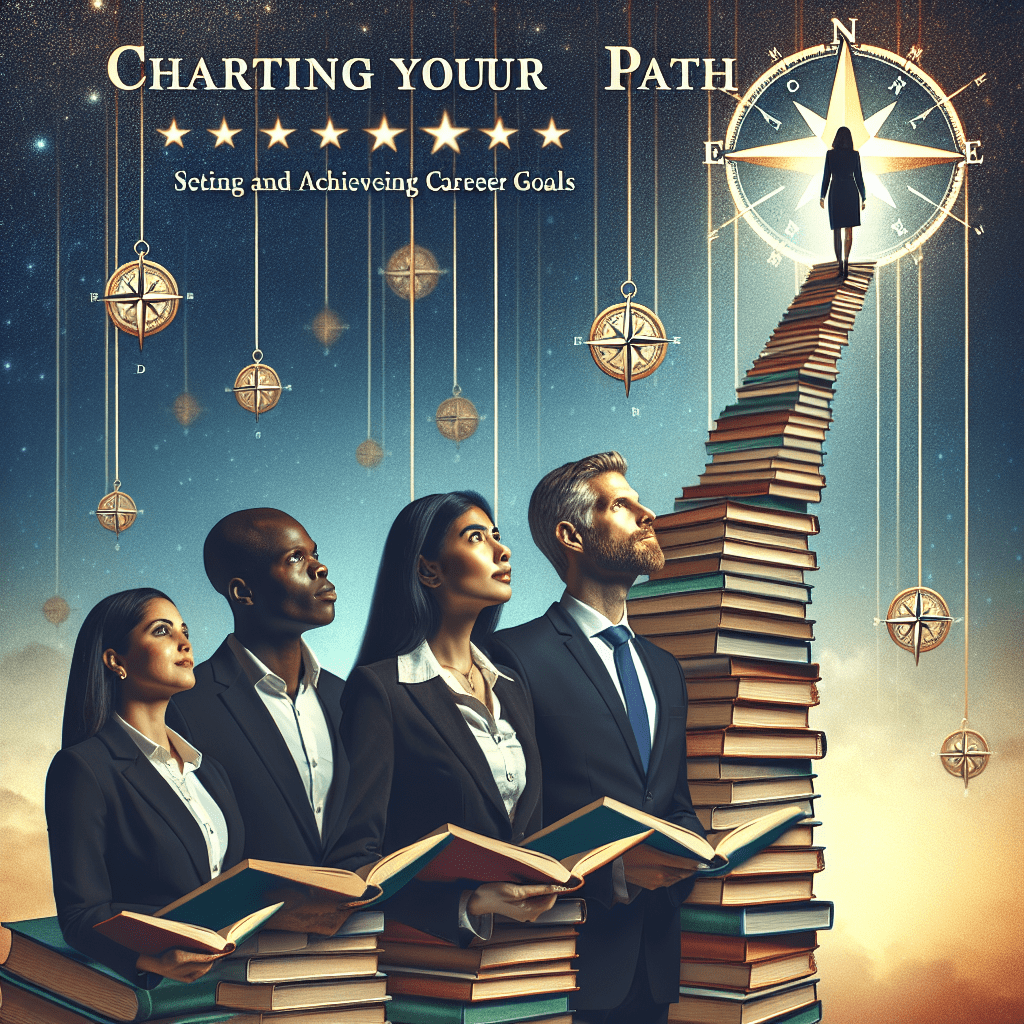The Benefits of Lifelong Learning: Why You Should Always Strive to Educate Yourself

Table of Contents
- Introduction
- 1. Enhances Mental Wellbeing
- 2. Boosts Career Development
- 3. Facilitates Personal Growth
- 4. Improves Social Engagement
- 5. Provides Financial Benefits
- Conclusion
- FAQs
Introduction
Lifelong learning is a virtue that often gets overlooked in the fast-paced modern world. The misconception that formal education is the end of learning needs to be addressed. Today, the most successful people understand the value of continually educating themselves, regardless of age or career stage. Whether through reading, online courses, or workshops, ongoing education has numerous benefits that can dramatically impact your life in a positive way. This article will explore why lifelong learning is essential and the myriad benefits it offers.
1. Enhances Mental Wellbeing
Continuing to challenge your brain can greatly enhance your mental wellbeing. Studies show that engaging in new learning activities can improve cognitive function, delay dementia, and reduce the risk of Alzheimer’s disease. Lifelong learning keeps the brain active, agile, and better equipped to handle the complexities of life and work.
2. Boosts Career Development
In the competitive landscape of jobs today, staying relevant is crucial. Lifelong learning equips you with up-to-date skills and knowledge, increasing your employability and career prospects. This can manifest in promotions, new job opportunities, and the ability to pivot to new industries or specializations. Employers appreciate employees who take the initiative to learn and grow, making them more likely to invest in your career development.
3. Facilitates Personal Growth
Learning new things can be incredibly fulfilling on a personal level. It broadens your horizons, introduces you to new perspectives, and enhances your understanding of the world around you. Whether you’re learning a new language, mastering a musical instrument, or delving into a new area of study, the personal satisfaction obtained from lifelong learning can lead to a more enriched and fulfilling life.
4. Improves Social Engagement
Engaging in lifelong learning can significantly improve your social life. Participating in group learning activities, attending classes, or joining workshops can help you meet new people and expand your social network. These interactions not only enhance your learning experience but also foster a sense of community and belonging, which is essential for emotional and social wellbeing.
5. Provides Financial Benefits
There is often a financial return on investment when you dedicate time to lifelong learning. Higher qualifications and more diversified skills can lead to higher earning potential. Additionally, the ability to adapt to new job markets or career shifts can protect against unemployment, ensuring that you remain a valuable asset in any economic climate.
Conclusion
Lifelong learning is more than a pastime or a hobby; it is an essential component of a fulfilling, successful life. It enhances mental wellbeing, boosts career development, facilitates personal growth, improves social engagement, and even provides financial benefits. The pursuit of knowledge should never be confined to the walls of a classroom but should be an ongoing journey that lasts throughout your life.
FAQs
Q: What are some effective ways to engage in lifelong learning?
A: Lifelong learning can be achieved through various methods such as reading books, taking online courses, attending workshops or conferences, participating in study groups, and even engaging in meaningful conversations with knowledgeable individuals.
Q: Is lifelong learning time-consuming?
A: Lifelong learning can be as time-consuming as you make it. Even dedicating 15-30 minutes a day to learning something new can accumulate and result in significant life improvements over time.
Q: Can lifelong learning help with career changes?
A: Absolutely. Lifelong learning equips you with the skills and knowledge necessary to pivot to new career paths or industries. It can make you more adaptable and resilient in a rapidly changing job market.
Q: Do I need formal education to engage in lifelong learning?
A: No, lifelong learning is not limited to formal education. While formal education can be a component, informal methods such as self-study, online tutorials, podcasts, and community courses are equally valid and beneficial.



